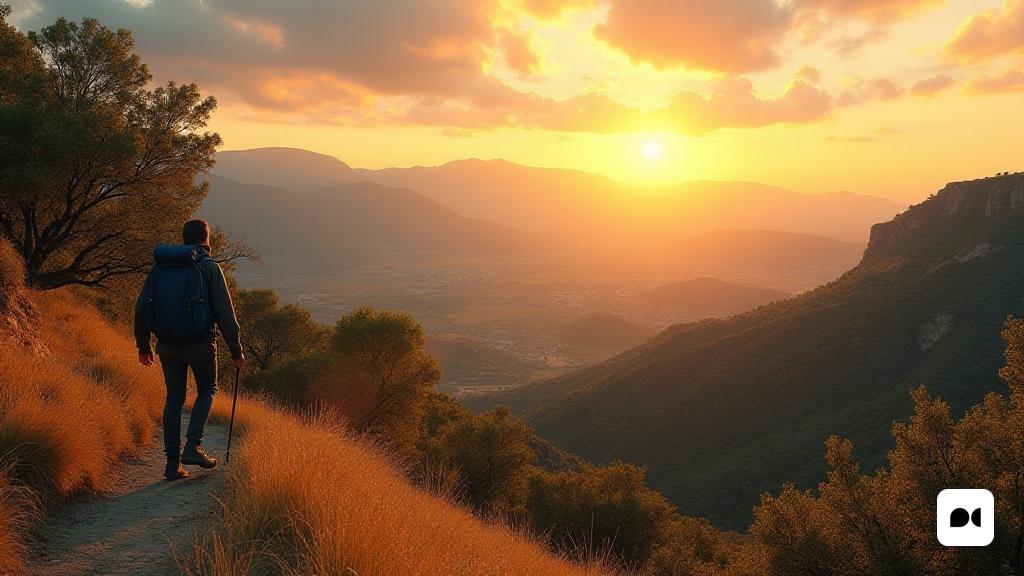The essence of the connection with the territory
The best way to understand our environment is to immerse yourself in it. Pau Vila expressed it clearly: geography is discovered with his feet. Catalonia, with its rich tradition of hiking, has taught us to value its landscapes and to make our values our values.
Earth’s Memories: A journey through the items
The cycle ‘Memories of the Earth’, organized in the Born of Barcelona, was an invitation to reflect on current emergencies, exploring the four elements: earth, fire, water and air. The need for excursions to better understand our environment became apparent, especially in landscapes marked by historical and contemporary challenges.
The struggle for the earth in the highland
With the participation of the local community and the geographer Sergi Saladié, we started the route to La Fatarella, where the history of the war is intertwined today. The concentration of wind power plants in the region has generated a conflict between energy production and the preservation of local identity.
Demographic challenges and energy extractivism
Despite the promise of revitalizing the local economy, 80% of the municipalities with wind power plants continue to experience a decrease in population. This situation highlights the paradox of a model that prioritizes economic benefit over community well -being.
Forest fires: a reflection of territory management
In the Ribera d’Ebre, Santi Fuster, a member of the graph, shared his perspective on fires, linking them to the abandonment of traditional agricultural practices. The devastation of the forests during the 2019 fire serves as a reminder of the importance of sustainable forest management.
The crisis of water in the priory
The Siurana river represents another example of extractivism that affects rural communities. The unsustainable use of water for industrial purposes has led to an ecological imbalance and a loss of vital resources for the inhabitants of the area.
Governance of Commune Goods
The situation of the Siurana river raises questions about the management and governance of water resources, demonstrating the need for a more equitable and sustainable approach.
The air we breathe: an invisible threat
In the Camp de Tarragona, the coexistence between industries and population generates concerns about air quality. Lack of regulation on pollutants such as ethylene oxide puts the health of residents at risk and emphasizes the urgency of greater transparency and responsibility.
The importance of direct experience
Touring our landscapes not only connects us with nature, but also reveals hidden realities that need to be addressed. This experience invites us to reflect on our role in the conservation of the territory and to foster a life that is synonymous with sustainability and respect.
Exploring our environment allows us to discover a world full of nuances and complexities, and challenge us to act responsibly to guarantee a healthy future for the coming generations.

